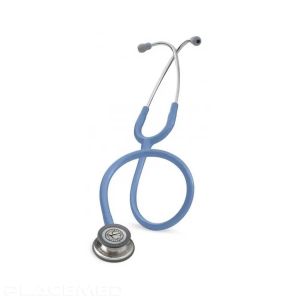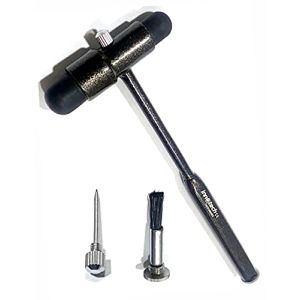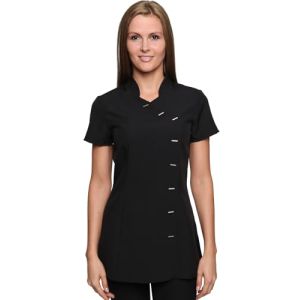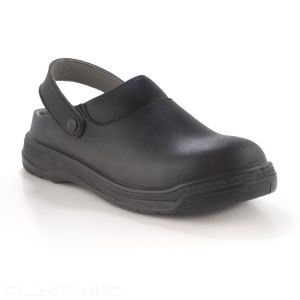The Different Types of Medical Gowns and Their Uses
The medical gown in the healthcare sector is much more than a regular garment. It provides essential protection for healthcare professionals against biological, chemical, and physical hazards. At Placemed, we understand the importance of selecting the right gown for each role. This article guides you through the various types of medical gowns available and their specific uses.

1. Medical Gowns
Medical gowns are designed to provide a protective barrier while ensuring comfort and mobility for healthcare professionals. Made from materials resistant to liquids, microbes, and sometimes even chemicals, they offer effective protection in various medical environments. The choice of gown depends not only on the work environment but also on specific tasks performed and particular protection requirements. Additionally, some gowns come with extra pockets for convenient storage of essential medical instruments.
2. Types of Medical Gowns
2.1 Disposable Gowns
Disposable gowns are made from lightweight materials such as polypropylene. They are designed for single use, making them ideal in high-risk environments for cross-contamination, like operating rooms or intensive care units. Their primary advantage is ensuring optimal hygiene without the need for a cleaning process.
2.2 Reusable Gowns
Unlike disposable gowns, reusable gowns are made from durable materials such as cotton or resistant synthetic blends. They can be washed and disinfected numerous times, making them both economical and environmentally friendly. Additionally, they offer better durability and increased comfort for healthcare professionals. They are ideal for environments that require high protection and frequent maintenance.
2.3 Surgical Gowns
Surgical gowns are specifically designed for surgical interventions. They are typically made with multiple layers to provide maximum protection against splashes of blood and other bodily fluids. Their design allows for a great range of motion while maintaining an effective barrier against contaminants.
2.4 Laboratory Gowns
These gowns, intended for professionals working in laboratories, provide protection against chemicals, biological agents, and other hazardous substances. They often come with extra pockets to carry laboratory tools and instruments.
2.5 Consultation Gowns
Consultation gowns are used by doctors and nurses during daily consultations. They are generally lighter and more comfortable, while still providing adequate protection against splashes and minor risks. Their design is often more elegant, reflecting the professionalism of the medical staff.
3. Adapting Gowns to Different Functions
3.1 Choosing a Gown Based on the Work Environment
It is essential to select a gown that matches the specific requirements of the work environment. For example, a surgical gown is essential in an operating room, while a consultation gown is sufficient for a medical office.
3.2 Considering the Necessary Level of Protection
The required level of protection depends on the risks to which the healthcare professional is exposed. Disposable gowns provide high protection against cross-contamination, while reusable gowns are suitable for less critical environments.
3.3 Taking Comfort and Mobility into Account
Comfort is a key factor, especially for professionals who spend long hours in gowns. It is important to choose gowns that allow optimal freedom of movement without compromising protection.
3.4 Customization and Fit
For maximum efficiency, gowns should be well-fitted. Some brands offer customization options, allowing healthcare professionals to choose sizes and cuts that suit their body shape.
4. Innovations and Trends in Medical Gowns
The medical gown sector is constantly evolving, integrating new technologies and materials to improve protection and comfort. Recent innovations include antibacterial fabrics, improved fastening systems, and ergonomic designs that promote better mobility.
5. Conclusion
Choosing the appropriate medical gown is crucial to ensuring the safety and comfort of healthcare professionals. At Placemed, we offer a wide range of gowns suited to each role and work environment. By understanding the different types of gowns available and their specific uses, you can make an informed choice that will meet your professional needs while providing optimal protection.
Explore our selection of medical gowns on Placemed and find the model that suits you best.
 Francais
Francais 











